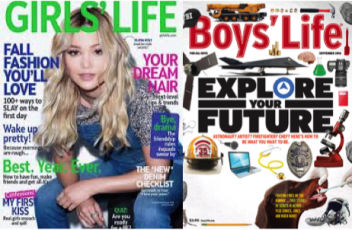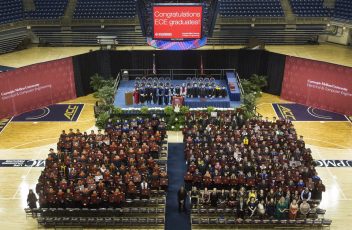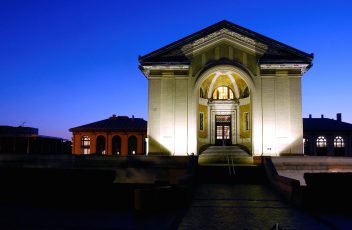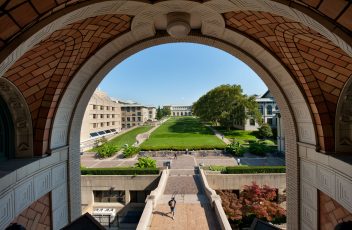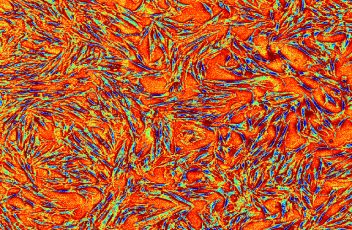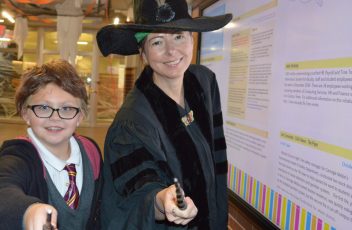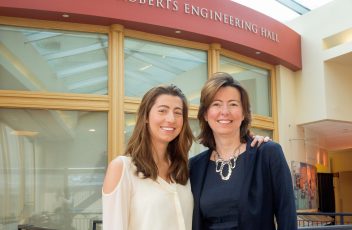[Proc. IEEE, 105(10):1847–1850, Oct. 2017. Point of View column]
“Your mom made five palačinka [crêpe in Serbian], your brother ate two; how many are left for you?” For some reason, this “sweet” math got etched in my mind as one of my earliest memories. It was my dad, playing number games with me. And many others: card games, puzzles, word riddles, brainteasers, anything where you had to figure out things, he loved. Then of course, so did I.
I grew up in ex-Yugoslavia, a socialist country at the time, where gender equality was guaranteed (or at least that is how it sounded to me). Women were supposed to be able to do everything men did; in my family, in particular, run by my fierce Montenegrin mother, that was fully on display. My mom had infinite confidence in me and believed I could do anything I wanted. The only time I remember her being disappointed was when I sold myself short. My dad, to this day the most brilliant man I have ever met, was a true intellectual, intensely curious and fearless; he went on to be the Mayor of Belgrade and Yugoslav ambassador to the United States for two years until he was recalled by Miloševic for not promoting his nationalist agenda. Instead of collecting a pension from the State Department, he resigned and at the age 59 became unemployed. He transformed the last 20 years of his life by writing books; he wrote the first English-Serbian and Serbian-English dictionaries of idioms and became a linguistic authority together with books on diplomacy and negotiation. As busy as he was, he left an indelible mark on my life; he treated me as an equal even when I was just a little girl, empowering me for the rest of my life.
